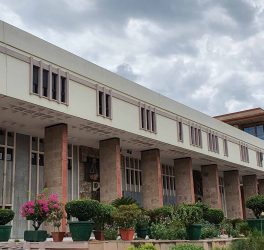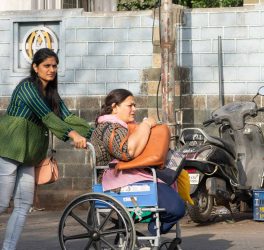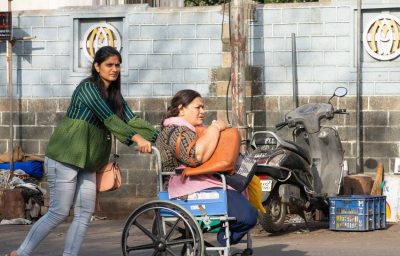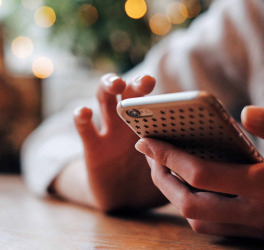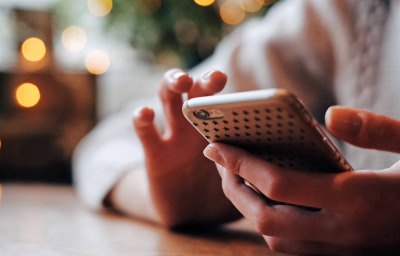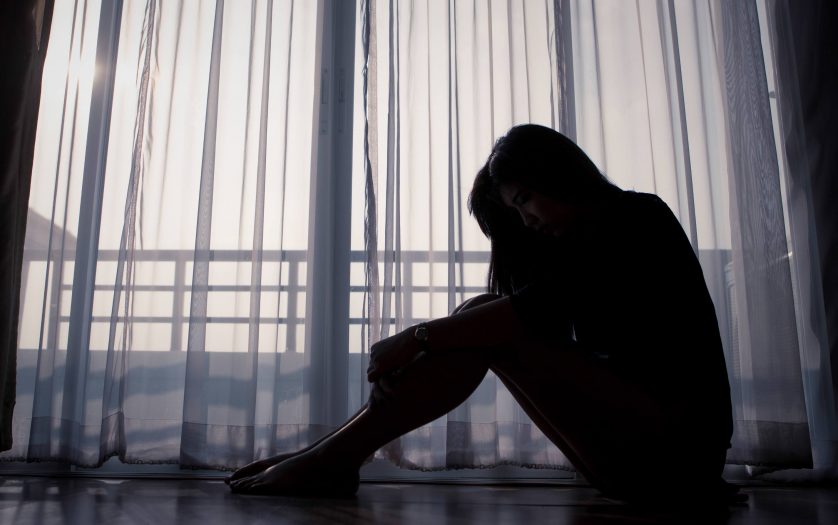
The Indian government has issued guidelines stating that COVID-19 facilities should have provisions for psychiatric consultation. The Union health ministry on Sunday issued ‘Guidelines on Managing Mental Illness in Hospital Settings during COVID-19’, stating there are at least three groups affected by mental health concerns during the pandemic.
Research suggests that depression (present in about 30 percent of diagnosed patients) and post-traumatic stress disorder (almost everybody diagnosed with COVID-19–96 percent) could be extremely high. Secondly, pre-existent patients with psychiatric disabilities may experience a recurrence or worsening of their symptoms during the pandemic.
“Also, worries related to the restriction of lifestyles, issues related to special populations including children and adolescents, job losses and uncertainty about future, increase in domestic violence and child abuse have also been reported.
“Therefore, there is a need for specific guidelines for medical officers and mental health professionals on how to prevent the infection and provide COVID-19 related care in hospital-based settings,” the release stated.
The COVID-19 pandemic has put an inordinate strain on health facilities and posed unique challenges to mental health care delivery, both in the community and institutional and hospital settings, it said.
“The COVID-19 facility should have a facility for consultation with a psychiatrist either in person or by teleconsultation while admitting a person with mental disabilities, and at no point should any psychotropic medication be stopped abruptly without a psychiatrist’s advice, unless in case of a life-threatening emergency. Also, the bed allocated for the patient should be preferably close to the nursing station to ensure he or she can be observed round-the-clock. At the same time, steps must be taken to ensure that the windows are well boarded and there is no access to instruments to harm self/others.” according to the guidelines.
Information about PPE and social distancing can be provided using simple language and visual depictions or videos and contact with caregivers should be maintained via video-call facility at set times in the day. Caregivers must be provided daily updates regarding the patient’s physical and mental health condition, the guidelines stated.
The challenges faced by mental health service providers include difficulty in isolating/quarantining patients with active symptoms of mania and acute psychosis, as well as people with mental health emergencies. Also, patients with psychiatric disorders (by virtue of their symptoms) may not cooperate during swabbing and testing and thus may have to be sedated, and some of the procedures and appropriate tests may get delayed.
“Staff has to be in close contact with some of the patients who are at risk of violence or suicidality and to keep a check on them frequently. “Some patients may be uncooperative or at times hostile (for example, those with delusional disorders, psychotic disorders) to the treating team, creating additional challenges to the health providers. Provisions of the Mental Healthcare Act, 2017 have to have complied with-particularly those related to the assessment of capacity, supported admission, etc,” the document highlighted.
Besides, homeless persons with mental disabilities are usually brought (including those with intellectual disabilities) to Mental Health Establishments (MHEs). Such patients often fail to provide proper history and no reliable informants would be available in most cases.
Also, the lack of identity proof and valid phone number for the COVID testing (prerequisite as per the ICMR guidelines) are commonly seen in this population, adding to the challenges the mental health service providers face. “Patients and caregivers need to be encouraged not to visit OPDs of MHEs unless an emergency arises. In case of difficulty in procuring medications locally, they can contact the local/state/national helpline number services for further assistance.
The guidelines also stated that MHEs need to constitute a Hospital Infection Committee that ensures implementing the newer norms recommended by the health ministry during the pandemic at their establishments to safely practice mental health services, the guidelines said.

